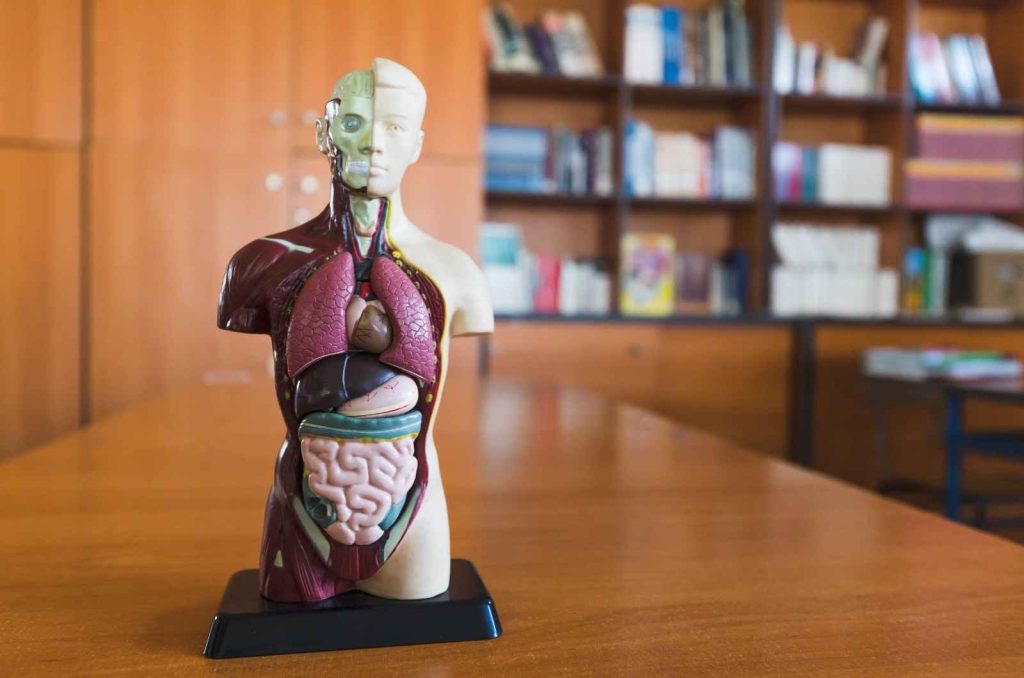
?Why Focus on Practical Experience in Surgical Training
In the realm of medical education, surgical training stands out as a critical juncture where theoretical knowledge meets hands-on practice. The question of why practical experience is indispensable in surgical training merits attention for several compelling reasons. Beyond the acquisition of theoretical knowledge, the essence of becoming a competent surgeon hinges on the ability to apply such knowledge in real-life scenarios. This necessitates an immersive learning experience that only practical exposure can provide. Practical experience in surgical training embodies the bridge between what is learned in textbooks and the unpredictable nature of real-world surgery. It equips aspiring surgeons with not just the technical skills required for surgery but also instills in them the confidence and decision-making capabilities essential for handling the complexities of patient care. As we delve deeper into the importance of practical experience, it becomes evident that it is not merely a component of surgical training but the cornerstone that ensures the transition from novice to expert is both comprehensive and effective.
?What Are the Key Components of Surgical Training
Surgical training is a multifaceted process designed to equip aspiring surgeons with the expertise necessary for successful medical practice. At its core, this training is built around several key components that together form a comprehensive educational experience. Firstly, theoretical knowledge is foundational, covering anatomy, physiology, pathology, and the principles of surgery. This theoretical grounding ensures that trainees understand the why behind the procedures they will perform.
Practical skills development is another critical component, where trainees learn and practice surgical techniques, from basic suturing to complex procedures, in a controlled environment. This hands-on experience is facilitated through simulations, cadaver labs, and eventually, supervised surgeries on patients, allowing trainees to apply their theoretical knowledge in real-life scenarios.
Mentorship and feedback from experienced surgeons play an indispensable role in surgical training. This guidance helps trainees refine their techniques, learn from mistakes, and adopt best practices. Additionally, exposure to a variety of surgical specialties and cases broadens the trainee's experience, ensuring they are well-prepared for the diversity and challenges of medical practice.
Lastly, self-assessment and continuous learning are encouraged throughout the training process, fostering a mindset of ongoing professional development and adaptability to advancements in medical science. Together, these components ensure that surgical training is both rigorous and holistic, preparing trainees for the demands of the surgical profession.
?How Does Practical Experience Enhance Technical Skills
Practical experience in surgical training is paramount for the enhancement of technical skills, serving as the crucible in which theoretical knowledge is transformed into surgical expertise. Through hands-on practice, trainees develop a tactile familiarity with surgical instruments and procedures, allowing them to navigate the complexities of surgery with greater precision and confidence. This experience is not merely about mastering the mechanics of surgery but also about understanding the nuances of tissue handling, the importance of ergonomics, and the subtleties of suturing techniques.
The repetitive nature of practical exercises, from basic incisions to complex reconstructions, ensures that skills are not only learned but also refined and internalized. This repetition, coupled with real-time feedback from mentors, accelerates the learning curve, allowing trainees to identify and correct mistakes, optimize their techniques, and adopt best practices more effectively.
Moreover, practical experience exposes trainees to a variety of surgical scenarios, from routine procedures to emergency situations, enhancing their adaptability and problem-solving skills. This diverse exposure ensures that they are well-prepared to tackle the unpredictable nature of surgical practice, making them not just technically proficient but also versatile and resilient surgeons.
?Why Is Real-World Exposure Crucial for Aspiring Surgeons
Real-world exposure is a critical component of surgical training, playing a pivotal role in preparing aspiring surgeons for the complexities and challenges of the medical field. This exposure goes beyond the confines of a controlled learning environment, plunging trainees into the dynamic and often unpredictable nature of hospital settings. It is here, in the midst of real surgeries, patient interactions, and multidisciplinary teams, that trainees learn to apply their skills and knowledge in real-time, adapting to the nuances of each case.
The importance of this real-world exposure lies in its ability to bridge the gap between theory and practice. By dealing with actual patients, trainees encounter a wide range of pathologies, human anatomical variations, and emotional situations that textbooks simply cannot replicate. This hands-on experience is invaluable for honing decision-making skills, developing effective communication with patients and colleagues, and understanding the ethical considerations inherent in surgical care.
Furthermore, real-world exposure cultivates a sense of responsibility and accountability, essential qualities for any surgeon. It teaches trainees to navigate the pressures and responsibilities of surgical practice, preparing them not just technically, but emotionally and ethically for their future roles as independent surgeons. This comprehensive preparation is what ultimately ensures that aspiring surgeons are truly ready to contribute positively to patient care and the broader medical community.
The Transformative Impact of Practical Experience on Surgical Proficiency
The journey from aspiring surgeon to skilled medical professional is significantly influenced by practical experience. This hands-on exposure is not merely an adjunct to theoretical learning but a core component that transforms knowledge into actionable skill. It enhances technical abilities, fosters decision-making confidence, and prepares trainees for the real-world complexities of surgical care. Through repeated practice, mentorship, and real-patient interactions, practical experience shapes proficient, adaptable, and compassionate surgeons. Ultimately, the inclusion of comprehensive practical training within surgical education ensures the development of surgeons who are not only technically adept but also ready to meet the challenges of modern medical practice with competence and care.
click here for more info: https://biotechanatomy.co.il/